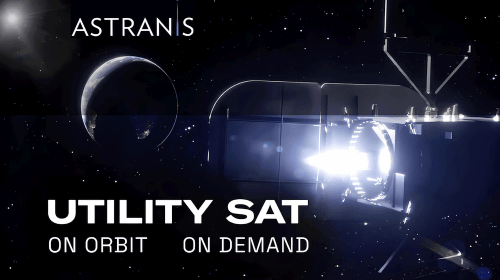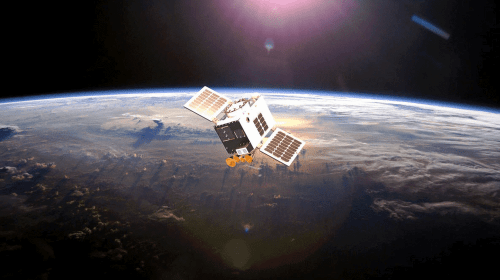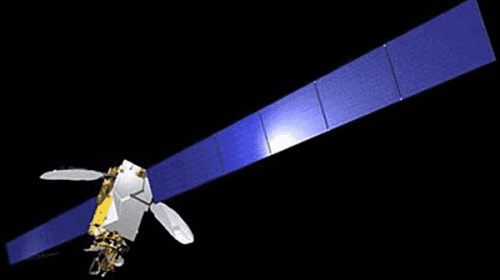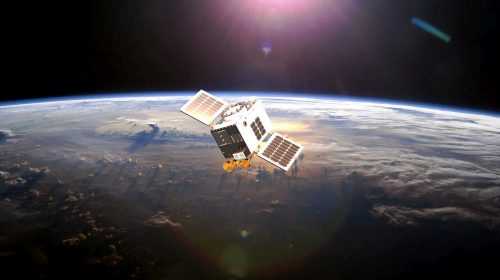Malaysia is situated in southeast Asia and is separated into two regions by the South China Sea. It features a land border with Thailand and is a large country with a population of over 30 million. With coastal plains rising to hills and mountains, Malaysia has some truly dramatic landscapes. The Straits of Malacca lie between Sumatra and Malaysia, and they carry over 40% of the world’s trade, making it a key area for shipping. The country’s government has a goal to make Malaysia a high-income country by 2020 and has launched economic and governmental transformation programmes in order to achieve this. The industrial sector leads the economy and Malaysia is engaged in a great deal of international trade through the Straits of Malacca. Manufacturing is also a key sector and the country is one of the world’s largest producers of palm oil.
In terms of the telecoms sector, Malaysia’s is one of the most advanced in the southeast Asian region. The telecoms sector is competitive and has good governmental support. As in other regions across Asia, the mobile and mobile broadband sectors have seen huge growth and have well overtaken fixed line usage. Hand-in-hand with the government’s ambitions for 2020, there is a push to further improve connectivity across the country to enhance e-commerce, e-government, e-health and education. In 2016, 76.6% of the population has access to the Internet and there has been some considerable success in terms of bridging the existing Digital Divide.
Malaysia can further develop its communications infrastructure by using satellite. VSAT connectivity will enable the connection of sites that are currently difficult to reach in order to push mobile broadband into more remote areas. As in many countries, concentration of broadband access is centred over towns and cities with rural communities often too difficult or expensive to reach. The same can be said for businesses that operate outside of these urban centres, but still require a reliable broadband connection for them to operate. BusinessCom Networks provides affordable yet cutting-edge solutions that can connect these businesses or can enable mobile networks to expand far beyond urban regions.
Maritime Satellite Internet Solutions
With the Straits of Malacca key to Malaysia’s economic growth, BusinessCom also provides solutions for the maritime sector that can transform connectivity on board vessels. Today, ships have become offices at sea with all the connectivity capabilities of those on land to help them stay closely connected with other assets and headquarters. Broadband plays the integral role in these solutions and satellite provides the only means to stay connected whilst at sea due to its independent infrastructure. BusinessCom offers a premium VSAT service that is tailored to customer requirements and delivers a range of data rates that support all voice, data and video applications and a guaranteed quality of service. Our maritime solutions are available on C- and Ku-band satellites.
Satellite solutions have a great deal to offer Malaysia, helping businesses, Mobile Network Operators, governmental organisations and individuals to become better connected regardless of location. Our knowledgeable team will help to guide you towards the solution that is best for your requirements and we are here to provide fully managed services or support so that you can make the very best of your satellite-based connectivity solutions.
Key features
Key differentiators of BusinessCom VSAT services in Malaysia are:
- Broadband Internet access
- Toll quality VoIP and Videoconferencing with CIR
- Reliable SLA through FDMA and D-TDMA
- Star, Mesh and hybrid Star/Mesh topology networks
- Full support of accelerated VPN, CITRIX, ERM and other business applications
- Highly secure operation with optional AES embedded encryption
- Global C-Band coverage and sub-Sahara Ku-Band
- Landing at top tier redundant IP facilities in Western Europe and United States
- Sentinel-based QoS, bandwidth management and optimization platform





